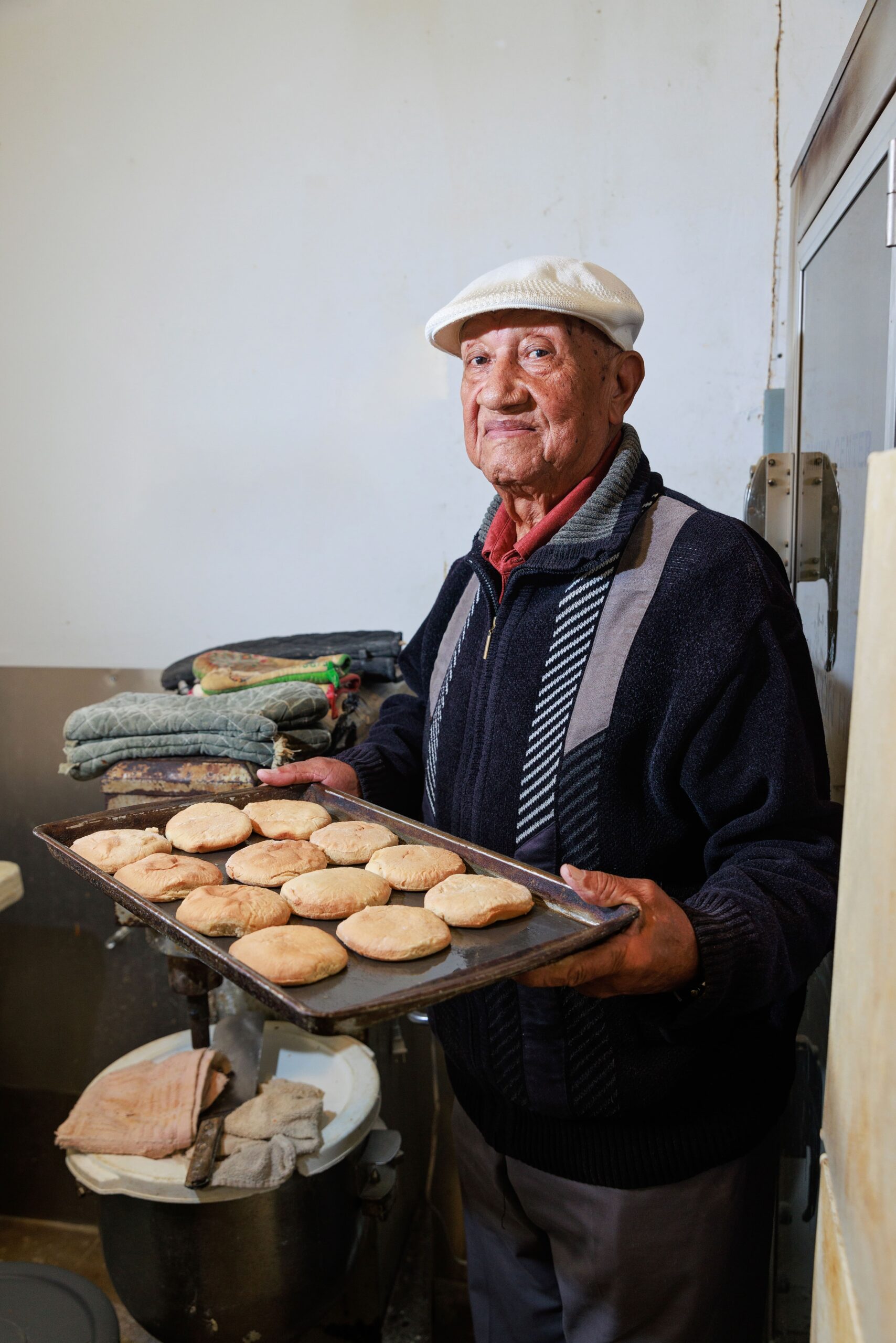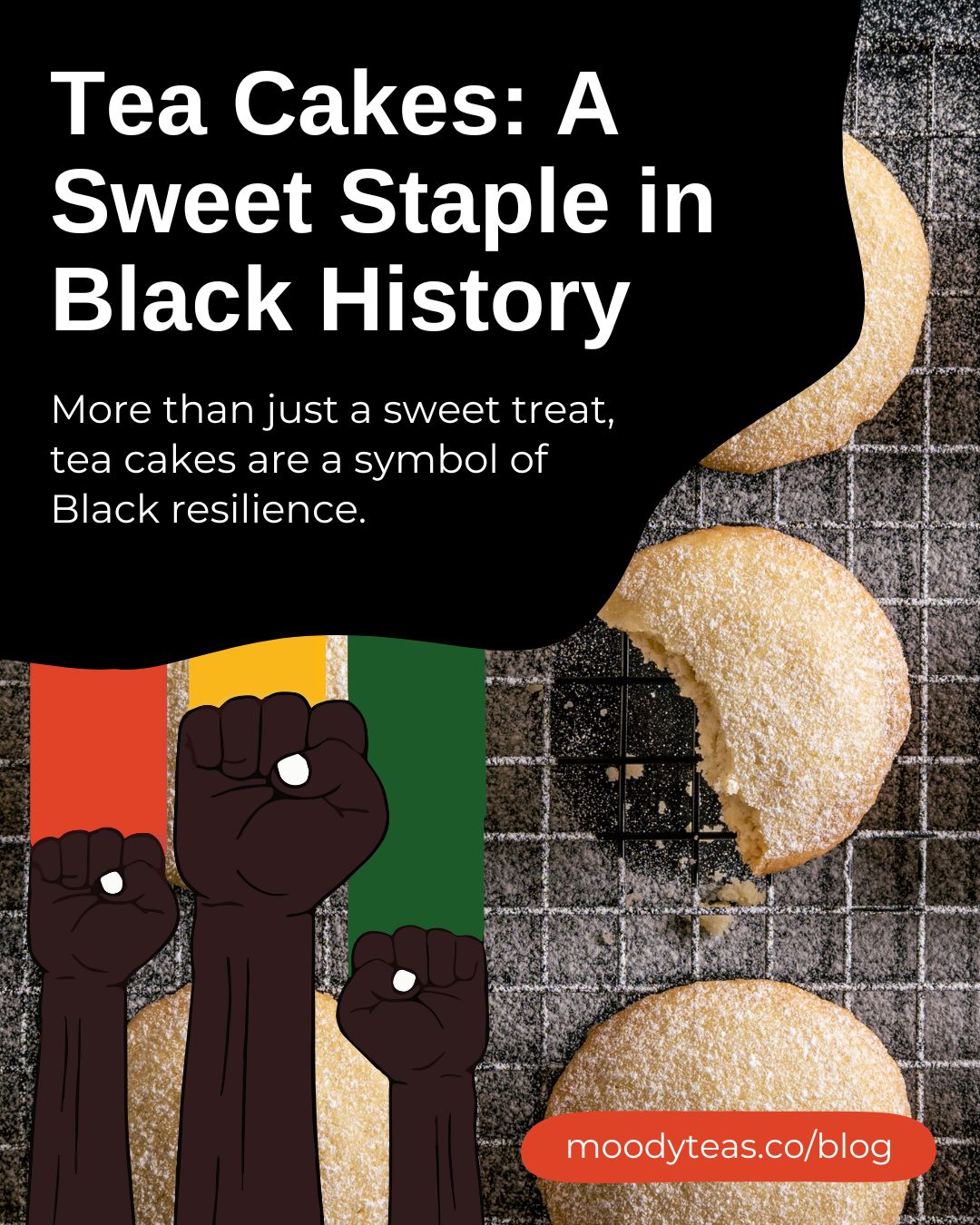Let’s talk about a dessert with history baked right in—tea cakes. These little gems have been a staple in Black homes for generations, carrying with them the weight of resilience, resourcefulness, and community. In 2025, the theme for Black History Month is “African Americans and Labor”, and you better believe tea cakes fit right into that narrative. From the backbreaking labor that cultivated their key ingredients to the hands that shaped and passed down each recipe, tea cakes are more than just a snack—they’re a testament to Black survival and creativity.
The Roots: Making Something Out of Nothing
Tea cakes date back to the 1600s, born from necessity and ingenuity. Enslaved African Americans, denied the fine pastries of their enslavers, crafted their own versions using what little they had—brown sugar, molasses, nutmeg, vanilla, and even a bit of lemon zest if they were lucky. No fancy ingredients, just skill, patience, and the ever-present will to create something beautiful out of hardship.
The limited resources available to enslaved cooks didn’t stop them from producing magic in the kitchen. They used unrefined sugars, substituted expensive dairy products, and pulled from their African culinary roots to make flavors pop. The result? A simple, soul-warming cookie that would live on for centuries.
The Labor That Made It Possible
Here’s the hard truth: the ingredients that made tea cakes possible were cultivated through brutal forced labor. Sugarcane plantations were some of the most grueling workplaces for enslaved Africans, requiring relentless physical labor to plant, harvest, and refine sugar that they themselves were often not allowed to enjoy. Wheat fields in the American South were no different—Black hands plowed, sowed, and reaped the grain, only to be given the scraps.

Enslaved people took those scraps and turned them into something of their own. Tea cakes are a prime example of this legacy—an adaptation of European confections reimagined by people who weren’t supposed to have a place at the table but built one anyway. This labor—both in the fields and in the kitchen—was unpaid, unrecognized, but undeniably foundational to American food culture.
More Than a Treat: Tea Cakes as a Cultural Anchor
Tea cakes became more than just food; they became a symbol of love, community, and survival. Black families gathered around tables where these treats made an appearance at church functions, celebrations, and special occasions. Recipes were passed down orally or scribbled in family cookbooks, each batch carrying stories of those who came before.
In this way, tea cakes became a form of resistance. They preserved the culinary legacy of a people who were stripped of so much, yet managed to hold onto something uniquely theirs. The 2025 Black History Month theme, “African Americans and Labor,” isn’t just about fields and factories—it’s about kitchens, too. It’s about the Black hands that built, cooked, and fed, often without recognition, but never without impact.
From the South to the Nation
After emancipation, tea cakes didn’t go anywhere. They stayed in Southern kitchens, evolving as families put their own spin on the recipe. The Great Migration (1910-1970) spread them far beyond the South, landing them in kitchens from Chicago to Los Angeles.
Regional variations emerged, reflecting new surroundings and available ingredients. Some folks added cinnamon and ginger, others swapped in different flours or sweeteners. No matter the adaptation, one thing remained the same: tea cakes were a connection to home, a taste of history that brought comfort in uncertain times.

Keeping the Tradition Alive
Today, tea cakes are still here, kept alive by Black-owned businesses, passionate home bakers, and culinary historians determined to make sure this tradition doesn’t fade. Retired minister Junius Dillard and his granddaughter, Adrian Dillard, continue to bake tea cakes in Baton Rouge, following a family recipe from the mid-19th century. Black-owned bakeries across the country are bringing tea cakes to new generations, making sure this piece of history stays fresh.
Food historian Michael W. Twitty, author of The Cooking Gene, has dedicated his work to uncovering and preserving African American foodways. He documents how enslaved cooks shaped Southern cuisine. While tea cakes may not be the centerpiece of his research, his work highlights the ways in which Black culinary traditions—born from labor and necessity—remain an integral part of American food culture.
More Than Just a Dessert
Tea cakes symbolize resilience, creativity, and Black labor—both the kind that built an entire nation and the kind that turned simple ingredients into something meaningful. Conversations about African American labor shouldn’t stop at industry or economics—they belong in the kitchen, too.
As we celebrate Black History Month in 2025, let’s take a moment to honor the people who kept this tradition alive, who labored in fields and kitchens to make something sweet out of struggle. So bake a batch, share it with your community, and tell the story. Food isn’t just food—it’s history, culture, and a legacy worth savoring.



Leave a Reply